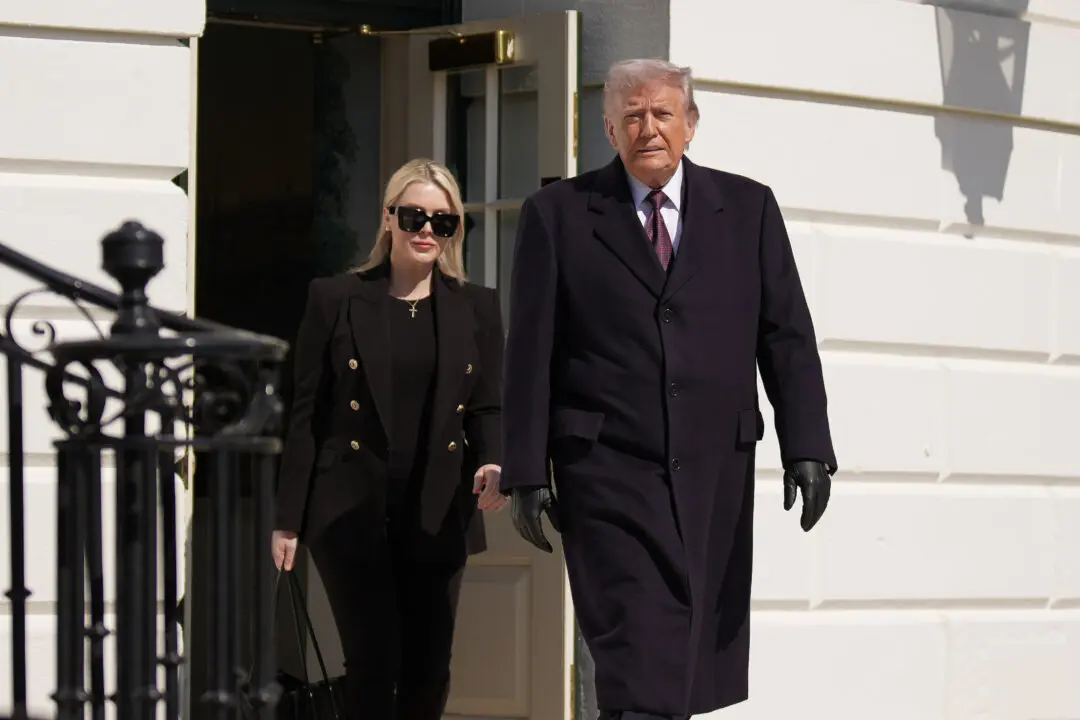Twitter announced on April 15 that its board of directors has unanimously adopted a “poison pill” defense to prevent Elon Musk from acquiring the company.
If any business, person, or group acquires 15 percent or more of Twitter’s outstanding common stock through a transaction not allowed by the board, according to the announcement, other stockholders will be able to purchase additional shares of stock at a discounted price.





